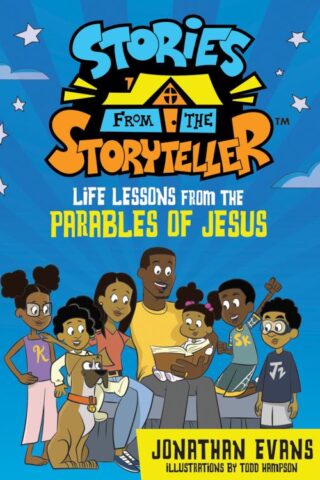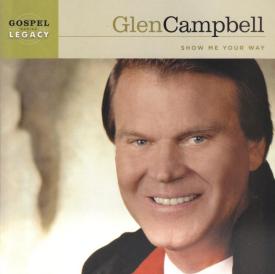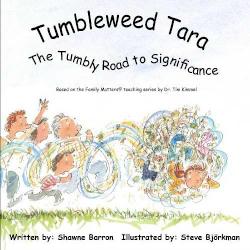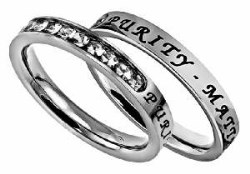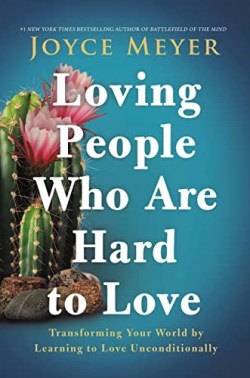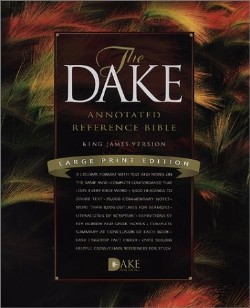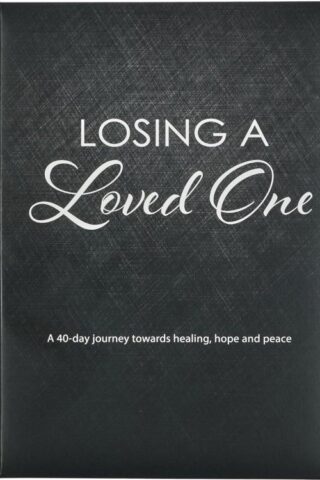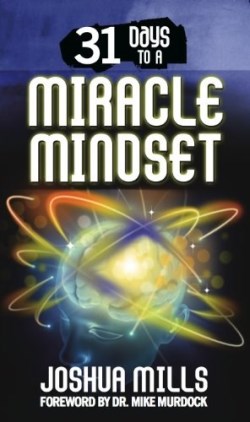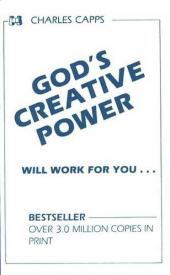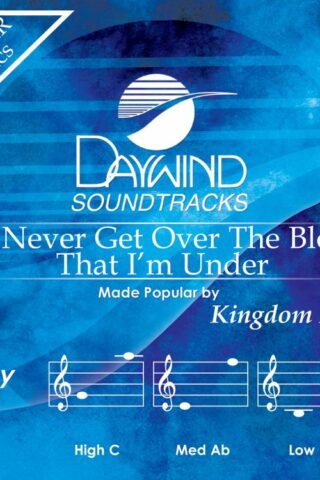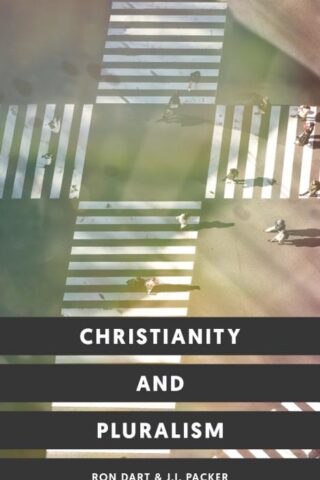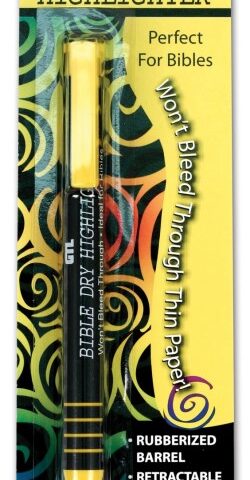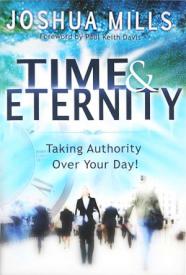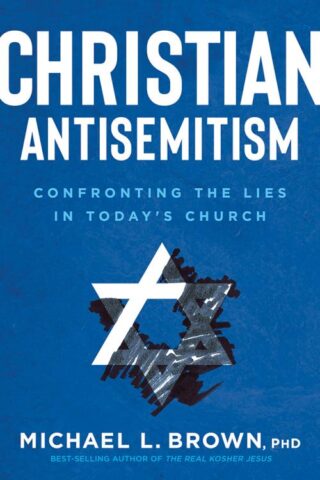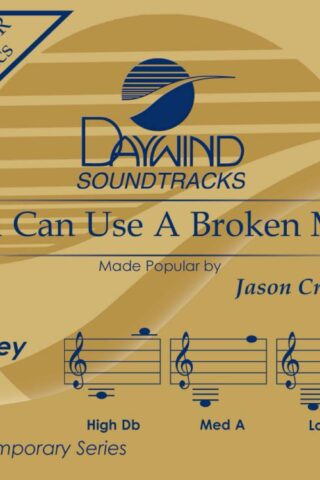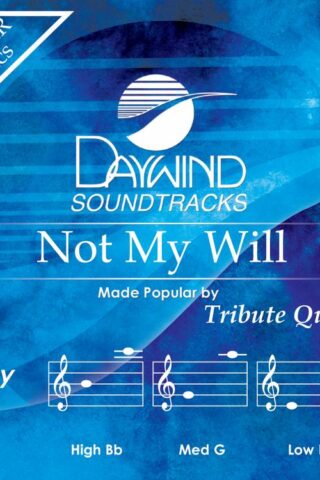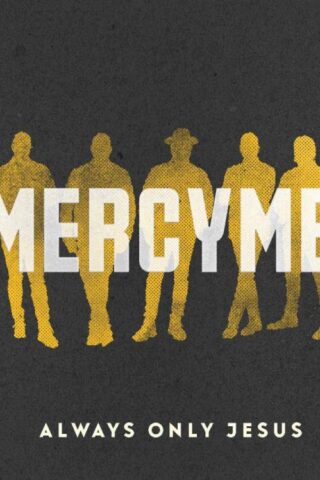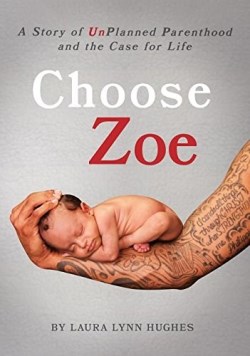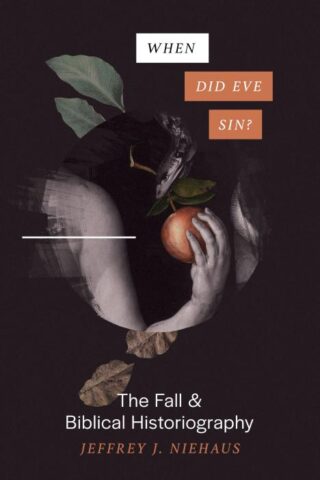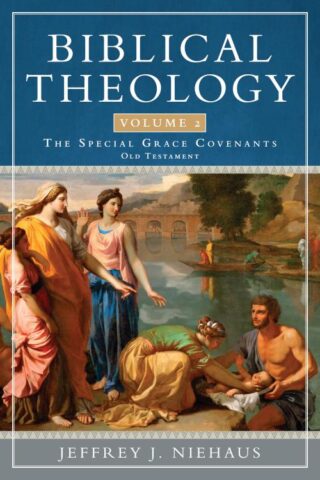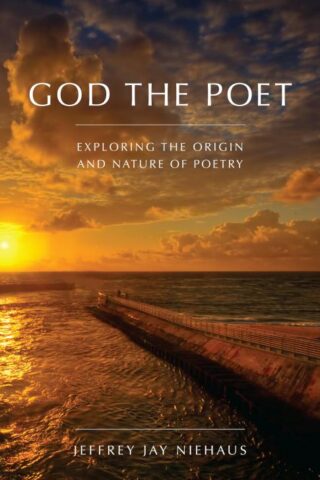Jeffrey Niehaus
Showing all 3 results
-
When Did Eve Sin
$19.99Add to cartDid Eve sin before Adam?
When responding to the serpent’s temptation to eat the forbidden fruit, Eve says that one “must not touch it” (Gen 3:2-3). In this, Eve appears to embellish upon God’s clear command that one must not eat from the tree (Gen 2:17). Did Eve add to God’s command, becoming the first legalist? Was this an innocent mistake? Or is the answer altogether different?
Jeffrey J. Niehaus tackles this issue head-on in When Did Eve Sin? Though many commentators believe that Eve altered God’s command, there are notable exceptions in the history of interpretation that suggest another answer. Using Scripture to interpret Scripture and analyzing biblical stories where characters retell the facts, Neihaus recognizes a common scriptural pattern that resolves the mystery of Eve’s words.
Niehaus examines his view’s implications for biblical historiography, what it meant to eat from the tree of life, how a sinless being can fall into sin, and the nature of the mysterious serpent. Everyone engaging with these questions will be deftly guided by Niehaus’ thorough study of this thorny issue.
-
Biblical Theology Volume 2
$34.99Add to cartThe second of three volumes, this study explores the Old Testament special grace covenants: the Abrahamic, Mosaic, and Davidic. The third volume examines the final and culminating special grace covenant: the New covenant. The three volumes taken together present the covenant as an expression of God’s nature, and show a paradigm of activity by which God works in covenantal relations, first to create the world and then, through a redemptive program after the fall, to redeem what was lost. The proposed paradigm, by which all the divine-human covenants are expressed and understood, is a new and, it is hoped, helpful way of portraying God’s covenant making dynamic, and it also thereby illustrates the divine consistency. The work also develops further the idea that all divine-human covenants are both unconditional and conditional, in contradistinction to prevailing terminology and understanding of the covenants as either conditional or unconditional, or unilateral or bilateral. Ancillary to the discussion of the covenants is a fresh exploration and demonstration of covenant making and covenant sustaining terminology.
-
God The Poet
$18.99Add to cartPrologue
1. God And Poetry
2. Dante And The Divine Rescue
3. Milton And The Ways Of God
Excursus: Milton And The Devil
4. Cowper And The Task
5. Wordsworth And The Philosophical Poem
6. A Modern Poet And The Way Home
Epilogue: Memory, Imagination, And God In Nature
Bibliography
Additional Info
In readable and non-scholarly fashion, Niehaus, who is both a theologian and poet, provides a theological and literary analysis of the epic poems of Dante (Divine Comedy), Milton (Paradise Lost), Cowper (The Task), and Wordsworth. Niehaus also of presents the theological roots of great poetry and how it illumines our understanding of important topics such as creation, sin, hell, devil, beauty, truth, redemption, and God supremely manifested in Christ. “I hope and believe,” writes the author, “that my observations (and the observations of others whom I endorse) on the work of poetic imagination as part of the imago Dei equally well to any sort of poetry (and for that matter any art).”

